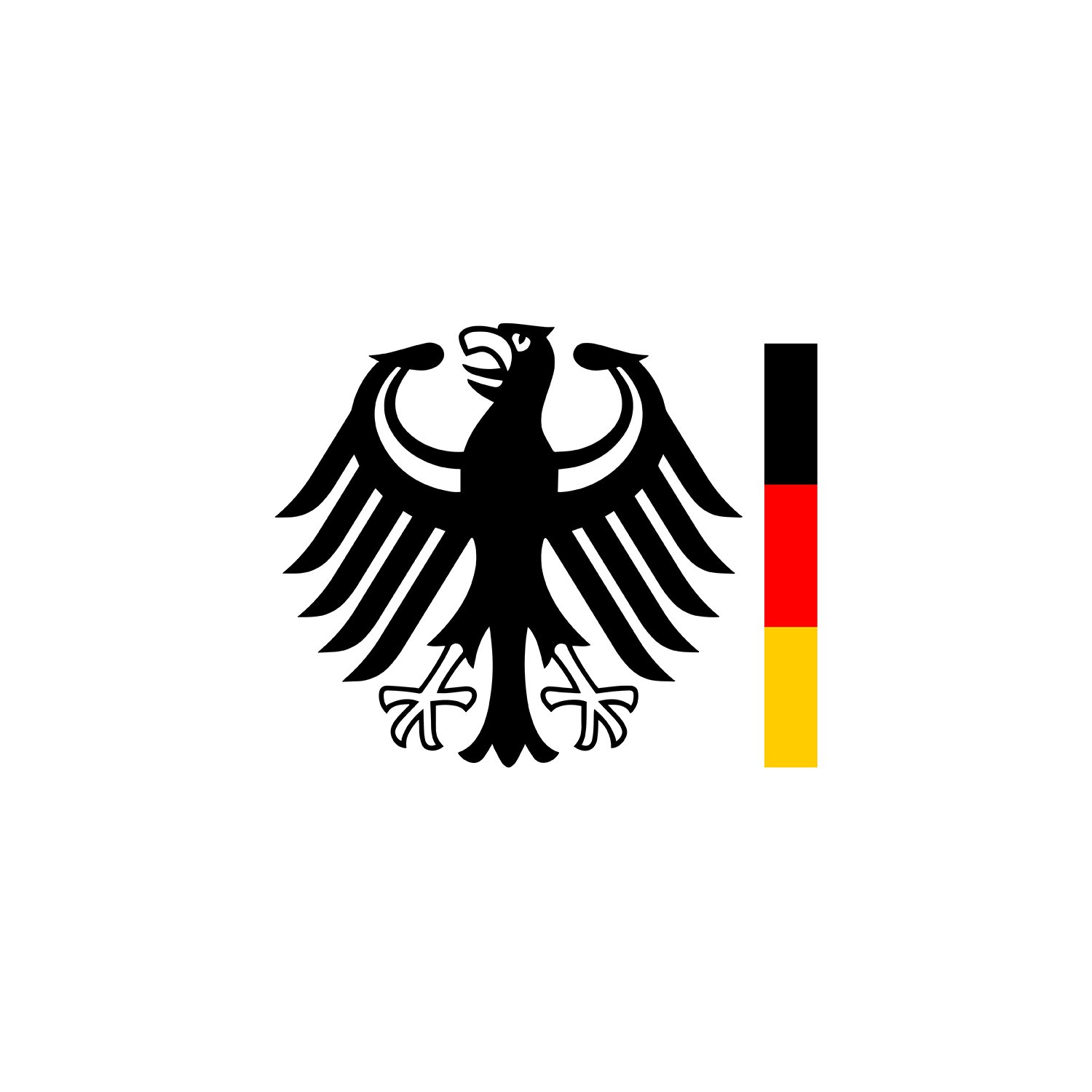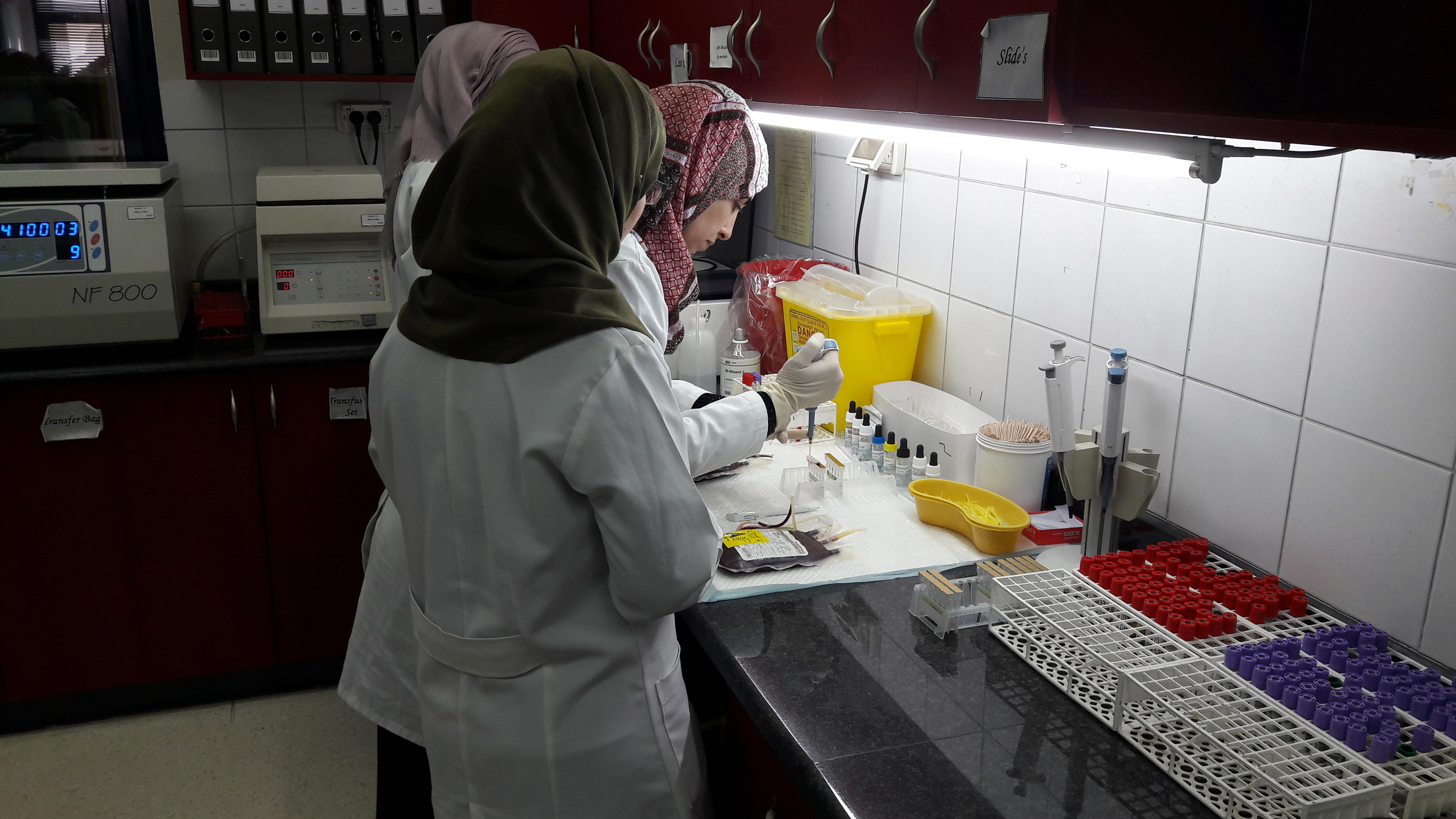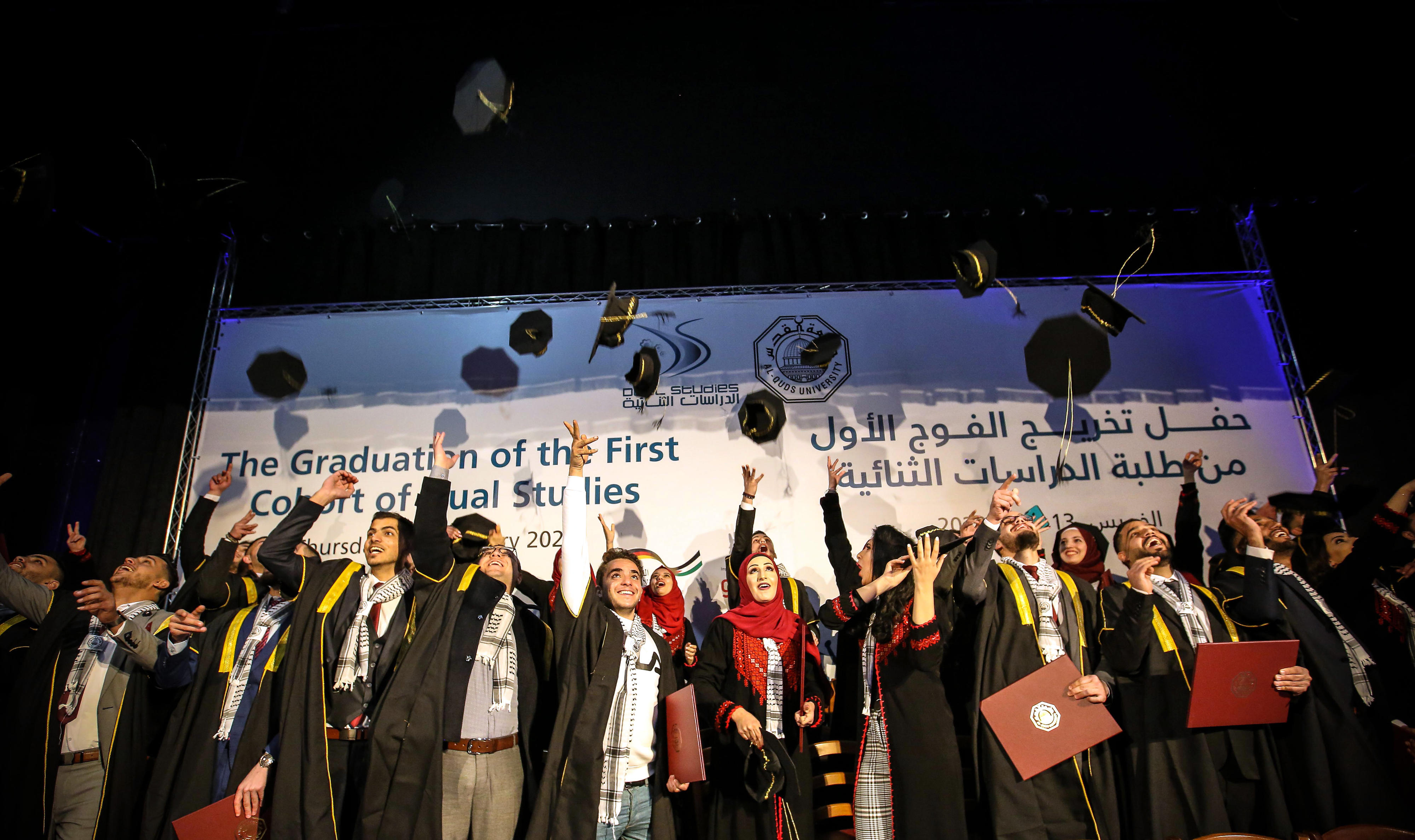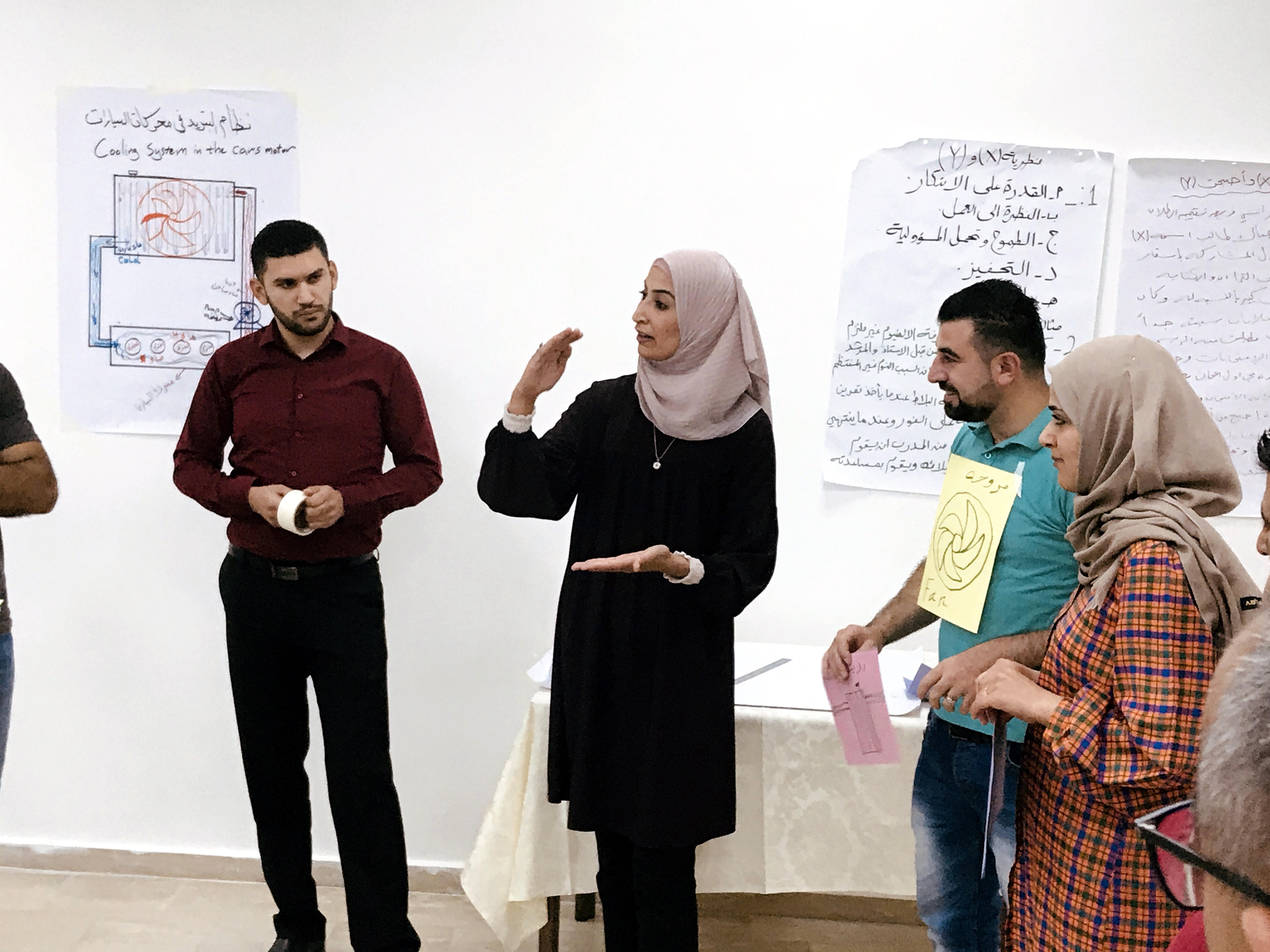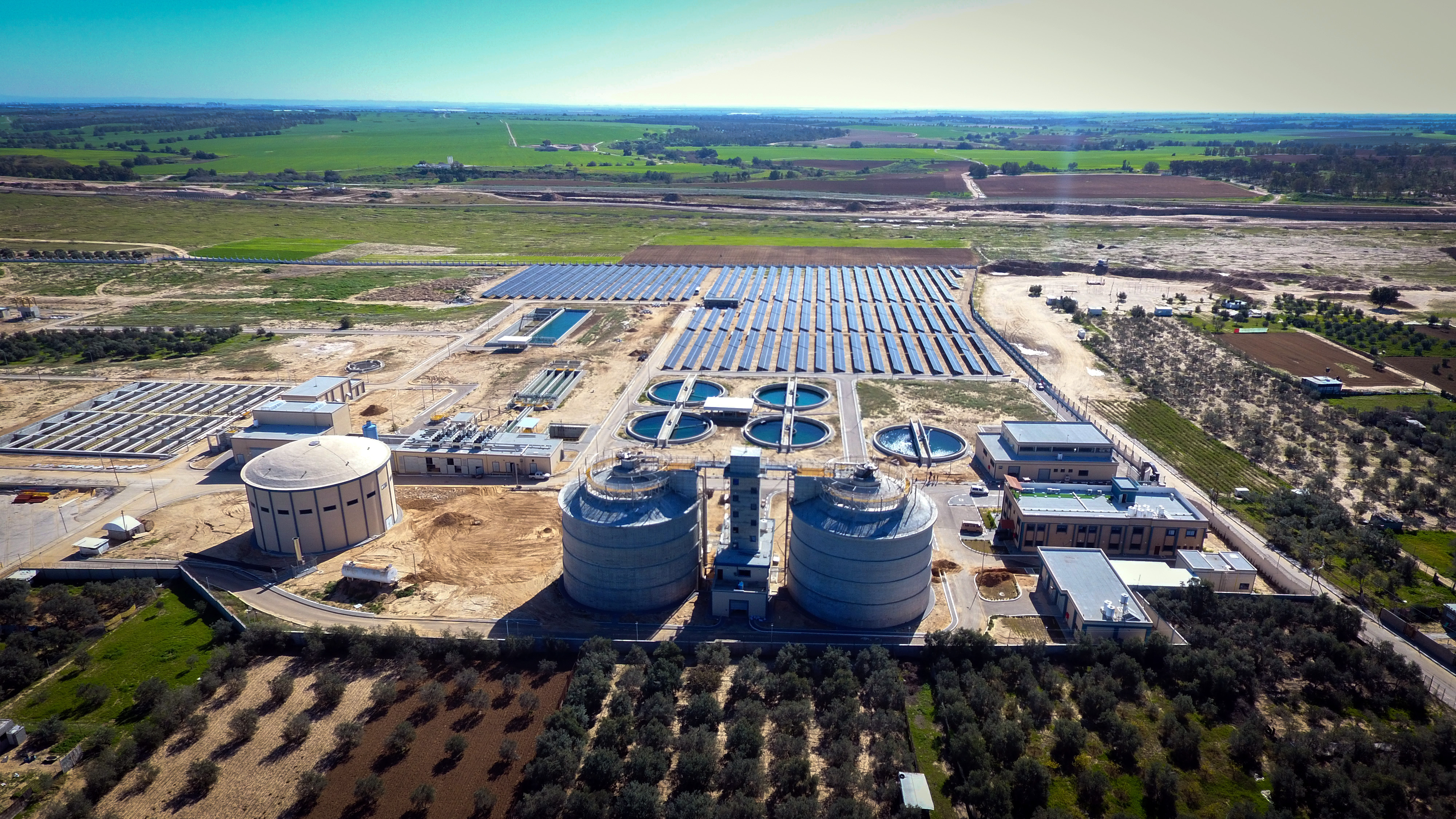Branch of an olive tree
Copyright© Ute Grabowsky / photothek.net
Palestinian territories
Updated 13 August 2025 Current information on BMZ activities
The renewed escalation of the Middle East conflict triggered by the Hamas terrorist attacks and the ensuing Israeli military operation in the Gaza Strip have caused a dramatic deterioration in people's living conditions in all parts of the Palestinian territories.
The German government is working tirelessly for an end to the war, the improvement of the disastrous humanitarian situation in the Gaza Strip, and the release of the hostages. German Development Minister Reem Alabali Radovan has also announced that Germany will contribute to the reconstruction of Gaza as soon as conditions allow. This is an enormous task. It will take decades and can only be accomplished if the burden is shared fairly by international and regional partner countries and organisations. One thing is clear: the reconstruction of Gaza will only succeed if it is embedded in a political process that leads to a negotiated two-state solution. And it is clear that Hamas must no longer have any role in Gaza. Gaza must no longer pose any threat to Israel in the future.
While the spotlight is currently on Gaza, in the West Bank and East Jerusalem the situation is escalating, too. Routine road blocks and blockades by Israeli security forces are making economic life difficult and restricting people's freedom of movement. More and more frequently, violent Israeli settlers are attacking Palestinian villages, injuring and killing Palestinians and destroying their livelihoods. In combination with the rapidly increasing illegal construction of settlements, this is putting more and more Palestinians out of their homes.
These developments pose a challenge to the sustainable development of the Palestinian territories. What is more, they destroy the basis for a two-state solution, thus undermining the chances of a resolution to the Middle East conflict that would enable Israelis and Palestinians to live peacefully side by side.
Immediately after the terrorist attack of Hamas on Israel on 7 October 2023, the Federal Ministry for Economic Cooperation and Development (BMZ) subjected its activities in the Palestinian territories to a review.
The review of safeguards (External link) did not find any instances of misuse of funds, and development cooperation was resumed.
In search of a path towards peace
For more than seven decades now, the unresolved conflict has had a huge impact on people's lives in the region. The first Oslo accord of 1993 between Israel and the Palestine Liberation Organization (PLO) laid the foundation for Palestinian self-government in the West Bank and the Gaza Strip. This was followed in 1994 by the establishment of the Palestinian Authority.
Despite the attempts of the international community to mediate, the peace talks between Israel and the Palestinian Authority have been unsuccessful so far. In the course of the Oslo process, the two sides in the conflict had defined “final status issues” such as borders, the status of Jerusalem, the distribution of water resources, and a right of return for refugees. Agreement on these issues has still not been reached.
The construction of Israeli settlements in violation of international law is increasingly jeopardising the territorial basis for a future Palestinian state. Divisions among Palestinians, acts of violence and a lack of confidence on both sides are further factors that contribute to a worsening situation between the representatives of the two sides.
The German government has been urging the two sides to resume their negotiations. In the view of the German government, lasting peace can only be achieved if the State of Israel and a sovereign, democratic and viable Palestinian state exist side by side in peace and security.
Palestinian-German development cooperation
Through its development cooperation, which is part of the German government's overall engagement, Germany wants to help achieve a peaceful solution in the Middle East. The purpose of the support provided by the BMZ is, firstly, to create better living conditions and comprehensive development opportunities for the people on the ground. Secondly, the BMZ intends its development cooperation to contribute actively towards the establishment of a future Palestinian state with effective institutions, in the spirit of a two-state solution.
Germany regards its efforts for stability and opportunities in the Palestinian territories, not least, as an expression of its special historical responsibility for the security of Israel.
Core areas of cooperation
Since the early 1980s, Germany has remained constant in its support of the Palestinian territories through development cooperation in a difficult, frequently changing environment. Germany is using nearly all the instruments of development cooperation that it has – from the reconstruction of housing that has been destroyed by fighting, the construction of large wastewater treatment plants and the development of a vocational training system all the way to support programmes for dialogue-oriented representatives of civil society and local administrative bodies.
Cooperation focuses on the following core areas:
- Sustainable economic development, training and employment
- Peaceful and inclusive societies with a focus on building the capacity of local authorities and supporting civil society (good governance)
- Conserving nature and natural resources, protecting life on Earth – with a focus on water and wastewater management
In addition, the BMZ also supports development projects operated by faith-based agencies, municipalities, non-governmental organisations and the political foundations.
Blood examination by employees of the national blood bank in Ramallah, with which the German National Metrology Institute cooperates as part of a project to support the national quality infrastructure.
Government negotiations
The BMZ uses a project-based approach in the Palestinian territories. Projects are implemented by German governmental implementing organisations and by non-governmental organisations. The BMZ does not provide funds directly to the Palestinian Authority.
To date, Germany has committed more than 1.5 billion euros for bilateral development cooperation with the Palestinian territories and is thus one of the biggest donors there. The most recent Palestinian-German government negotiations took place in May 2023. At the negotiations, the BMZ committed about 125 million euros for bilateral development cooperation projects. These commitments for multi-year projects cover a two-year period, that is the years 2023 and 2024. The next government negotiations are scheduled to take place in autumn 2025.
In addition, there are a number of projects in cooperation with UN agencies and non-governmental organisations. For example, Germany supports Palestinian refugees in the Palestinian territories, Jordan, Lebanon and Syria through the United Nations Relief and Works Agency for Palestine Refugees in the Near East (UNRWA).
As at: 13/04/2024

